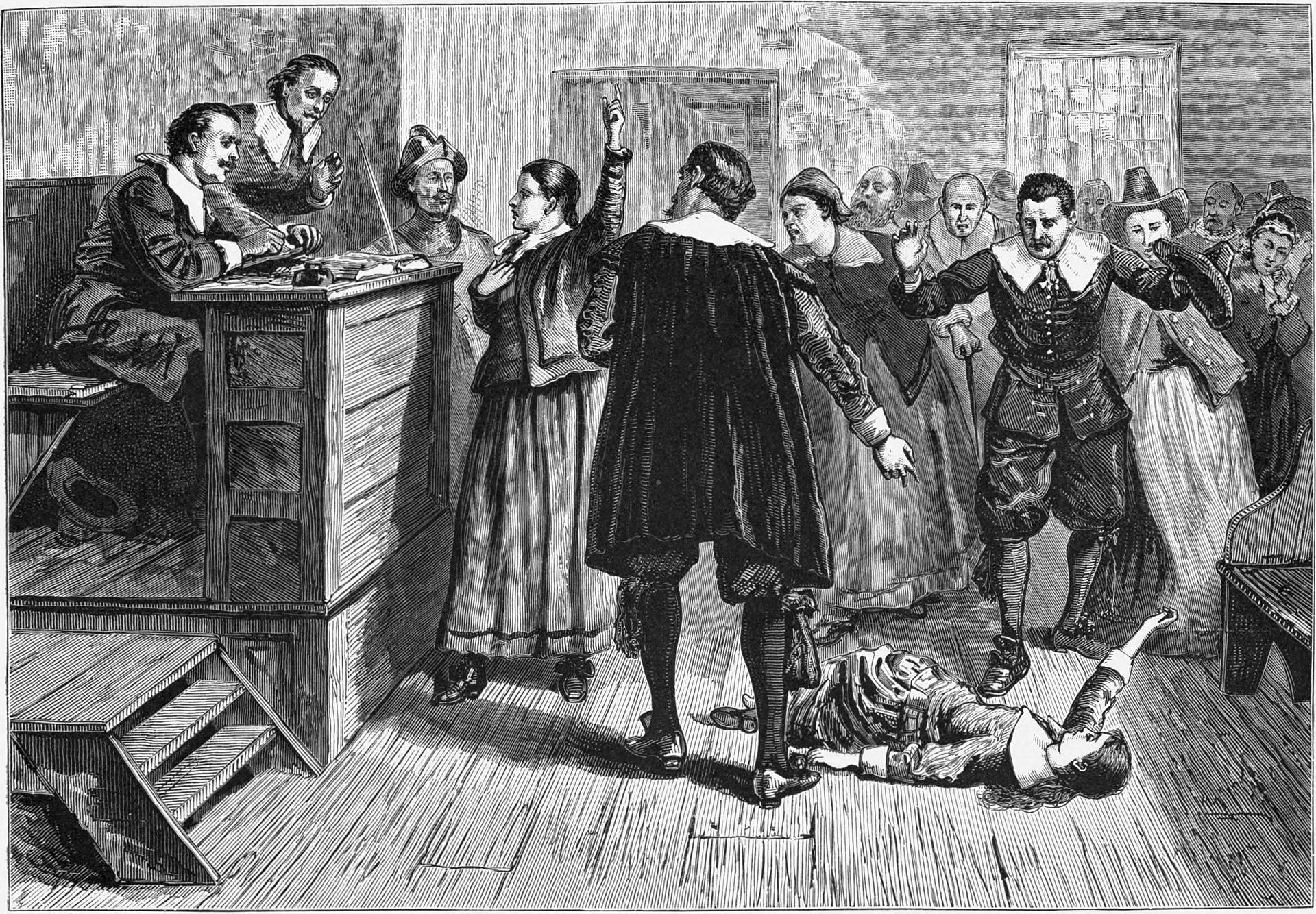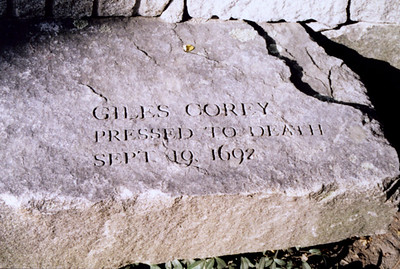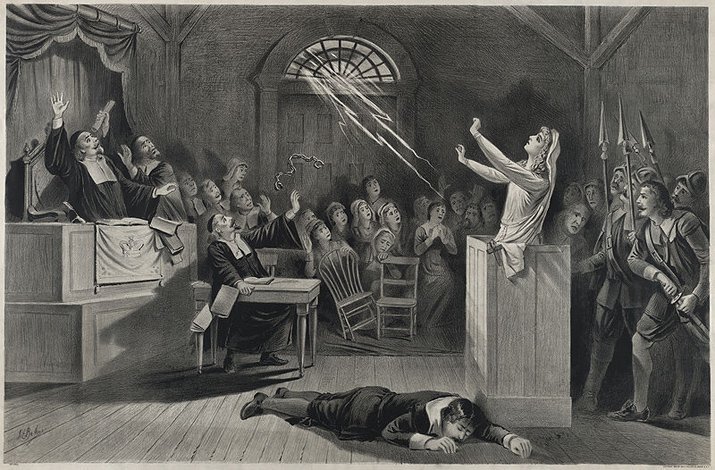Massachusetts 8th Graders Instigate Legislation To Clear The Name Of The Final Salem "Witch"
Language
Reading Level
Listen to Article

The infamous Salem witch trials, which took place in colonial Massachusetts between 1692 and 1693, were a dark period in America's legal history. More than 200 people were wrongfully accused of practicing witchcraft, and 20 were executed. In the 328 years since, most of the accused have been cleared of any crimes. However, for reasons unknown, Elizabeth Johnson Jr., who was just 22 at the time, was never pardoned. Now, thanks to the hard work of an eighth-grade class from North Andover Middle School, MA, her name may finally be cleared.
What led to the Salem witch trials?
In January 1692, the nine-year-old daughter and 11-year-old niece of Reverend Samuel Parris — the first ordained minister of Salem Village (present-day Danvers, MA) — began having "fits." The affliction caused the young girls to scream, throw things, and utter strange sounds. Shortly after, another 11-year-old started displaying similar behavior. At a loss to determine the cause, the local doctor of the devout and strongly religious community blamed it on the paranormal. On February 29, 1692, three women — Tituba, the Parris' Caribbean slave; Sarah Good, a homeless beggar, and Sarah Osborne, an elderly impoverished woman — were accused and convicted of practicing "witchcraft."
Things only got worse from there. Salem Village residents began seeing "witches" everywhere and blaming them for any misfortune or sickness. In a quest to root out the evil that might lurk in their midst, neighbors, friends, and even family members turned on each other. The accused — largely females ranging in age from 5 to nearly 80 — were often tortured to elicit confessions and deemed guilty without evidence. Johnson's family was particularly impacted, with about 28 members, including her mother, accused of witchcraft.

In 1957, the state of Massachusetts formally apologized for this sad episode in its history. It pardoned many of those whose names were recorded as witches. In 2001, at the urging of some descendants, the legislation was amended to include five additional names. The change resulted in the acquittal of every Salem "witch" except Johnson.
"We don't know why, but in all of these efforts to pardon the women convicted of witchcraft but never actually put to death, Elizabeth was never included," Salem State University historian Emerson Baker told Boston Times. "In the eyes of the law, her conviction still technically stands."
How did North Andover Middle School students help Johnson?
The North Andover eighth graders learned about Johnson's situation in 2020 during a civics class taught by Carrie LaPierre. After realizing Johnson, who never married or had children, had no descendants to help clear her name, and the 13-14 year-olds decided to devote the required "civics action project" to her cause. They spent most of the school year researching the case and then enlisted state senator Diana DiZoglio to help them write the legislation that could help clear Johnson's name. The students also wrote to individual lawmakers, urging them to take urgent action to clear Johnson's name.

LaPierre told Radio Boston, "These students are learning civics — 8th grade in Massachusetts is now a civics class, and they're responsible for what's called a civics action project. And so the author [Richard Hite, who wrote, In the Shadow of Salem: The Andover Witch Hunt of 1692] and I had spoken about this, and I brought this to them as a possible project last year, and we jumped on it last year, and they worked on doing all the research about her, finding out about the Salem witch trials and her role in it, and actually wrote a bill that was accepted by the Legislature."
Senator DiZoglio has presented Senate Bill 1016 for consideration. Once passed, the last person to be accused of witchcraft will be fully pardoned, "It is important that we work to correct history," DiZoglio told the AP. "We will never be able to change what happened to these victims, but at the very least, we can set the record straight."
Resources: Washingtonpost.com, New York Times.com, Wbur.org